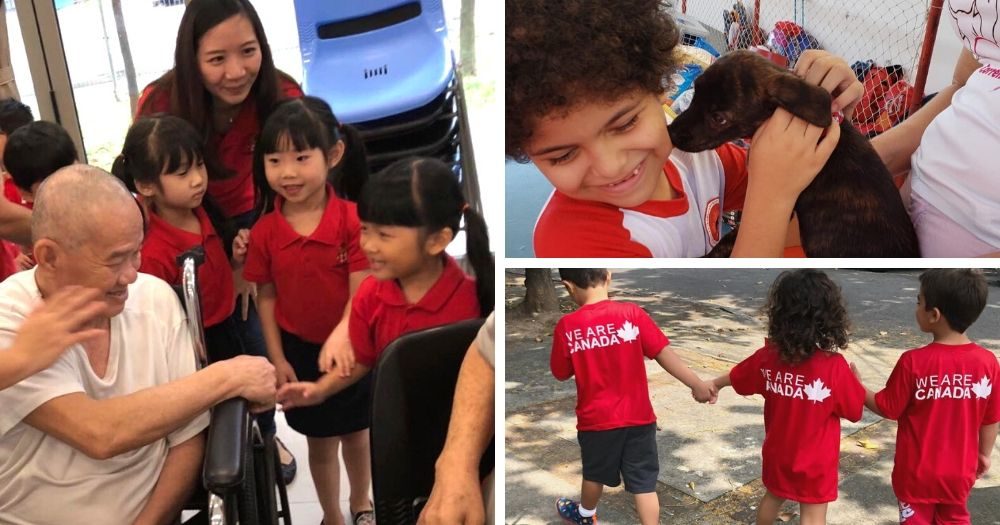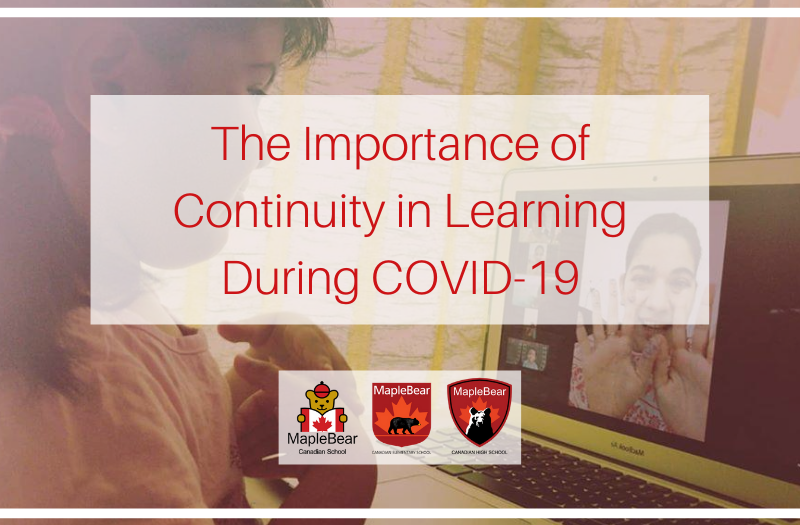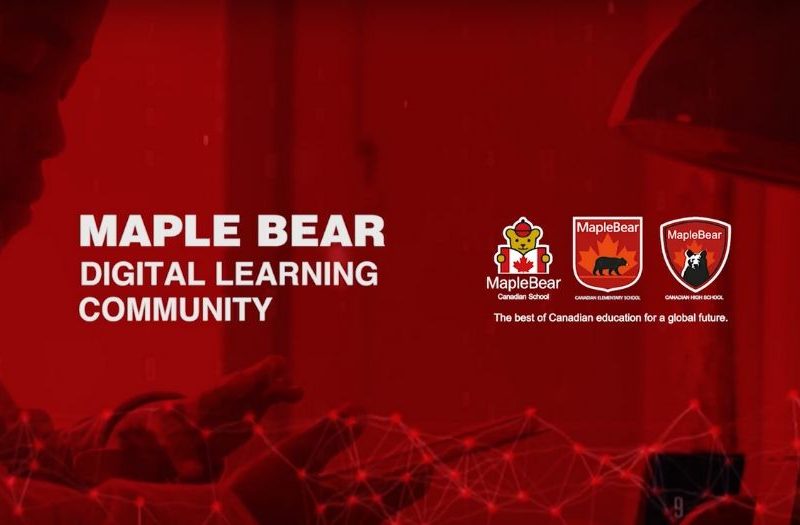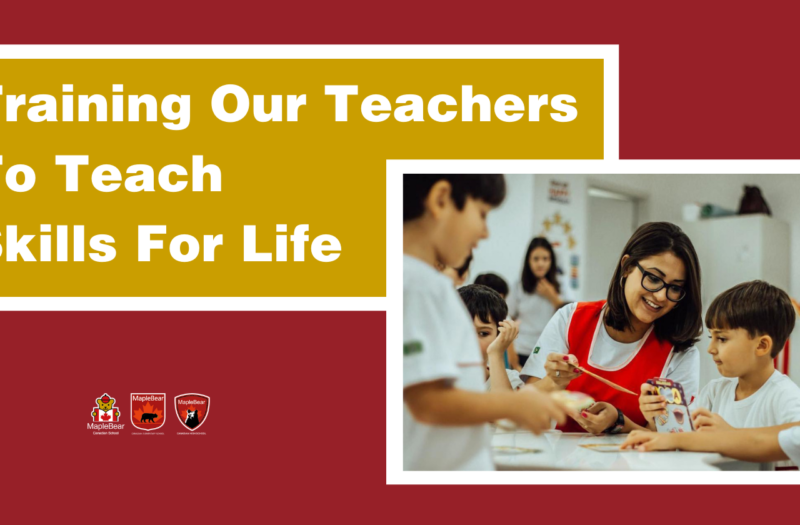
Why Empathy is an Important Life Skill for Children
Empathy reminds us that we are all human and that we share universal experiences and feelings.
There’s an excellent opportunity in these challenging days of the COVID-19 crisis to reinforce these and many other lessons about empathy which Maple Bear students learn year round as part of our Canadian curriculum.
At Maple Bear, we believe that building an understanding of what others are feeling, how one individual’s actions can impact others, and why someone might be experiencing feelings at a particular time, is an incredibly valuable life skill that benefits children not only in their early years but well into their adult lives.
A strong sense of empathy is extremely beneficial to children for numerous reasons, among them:
- Empathy helps children build a sense of security and stronger relationships with other children and educators, positioning them well for collaborative learning;
- Empathy encourages tolerance and acceptance of others;
- It promotes good mental health;
- It promotes social harmony and can reduce the likelihood of bullying.
Empathy Has A Social Impact
“Empathy and social impact go hand in hand right now,” says Robin Pascoe, VP Corporate Communications and Social Impact for Maple Bear Global Schools.
“We’re incredibly proud at the ways in which Maple Bear school owners and teachers around the world have been actively role modelling empathy for our students: from encouraging thank you shout outs to front line health workers in Singapore; to creating food packs for those who need it most in the Philippines; or, like several of our schools in Brazil, using their social media channels to promote sharing local goods and services with each other.”
An Important Role for Parents to Play
Parents play a particularly strong role in the development of their child’s ability to see a situation from someone else’s perspective. That’s because parents are a child’s first and most enduring teachers.
They can assist in developing empathy in their children:
- by modelling empathetic behaviour with their own actions which their children will inevitably mimic;
- by talking to their child about how other people may be feeling, and why. This helps to build their emotional language and helps a child think about other people’s perspectives.
- by reading books together, as children learn to associate feelings and actions with their favourite characters and stories.
Terry Fox As A Role Model
In recent years, Maple Bear schools in Brazil, Singapore and Vietnam and have been actively engaged in fundraising events for the Terry Fox Foundation’s contributions to cancer research around the world.
“Terry Fox reminds us of our call to be compassionate towards one another,” says Social Impact VP Pascoe who first introduced the Canadian icon to Maple Bear schools four years ago.
“While he was in the hospital to receive treatment, Terry was greatly affected by the challenges he witnessed other cancer patients having. His empathy towards children with cancer in particular was so profound that he decided to run across the country, asking all Canadians to donate just $1 to the cause,” Pascoe says.
“There isn’t a better role model than Terry,” she says.
Teaching children to be empathetic at this particular juncture in history can have much more impact than just a child being helpful to others during a crisis: research shows it can have long lasting positive effects on a child’s health, self-esteem and even happiness.




